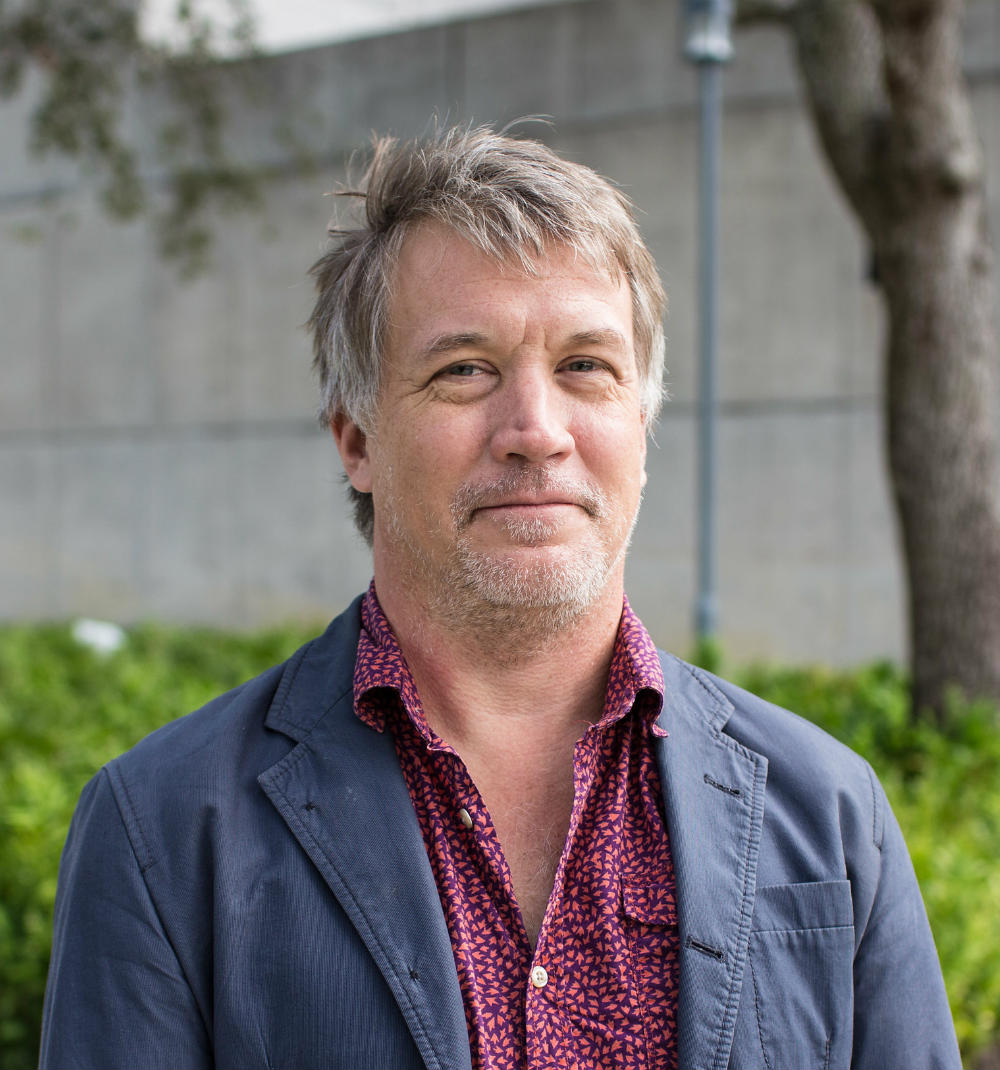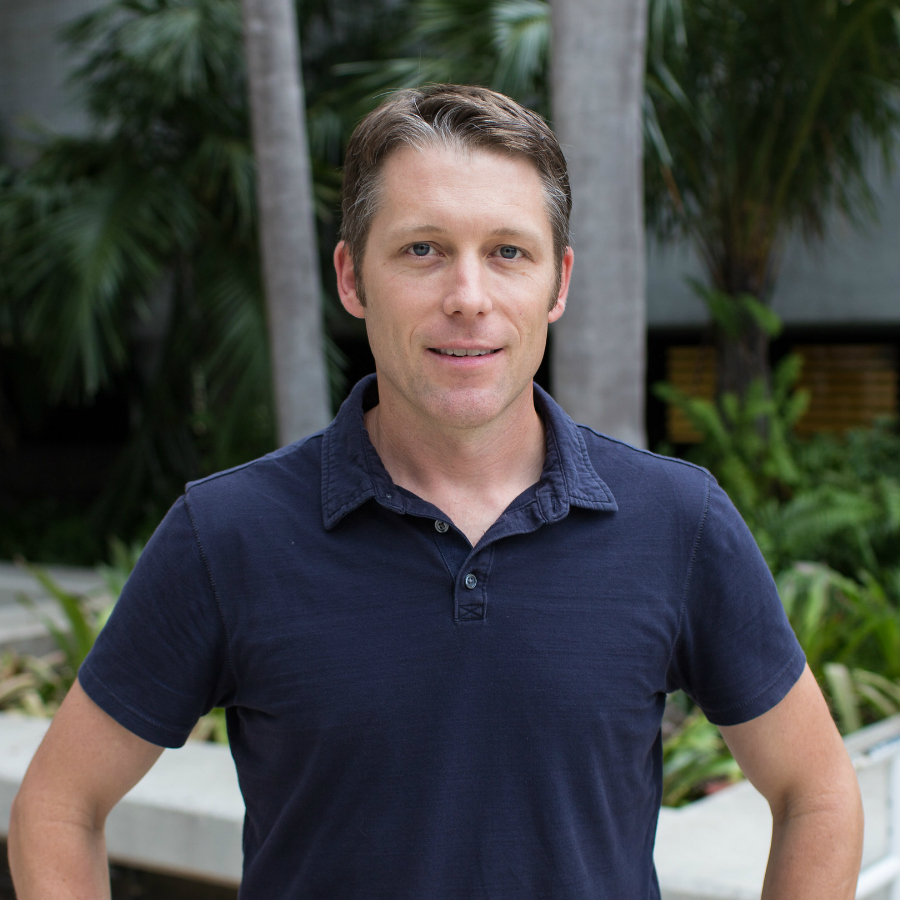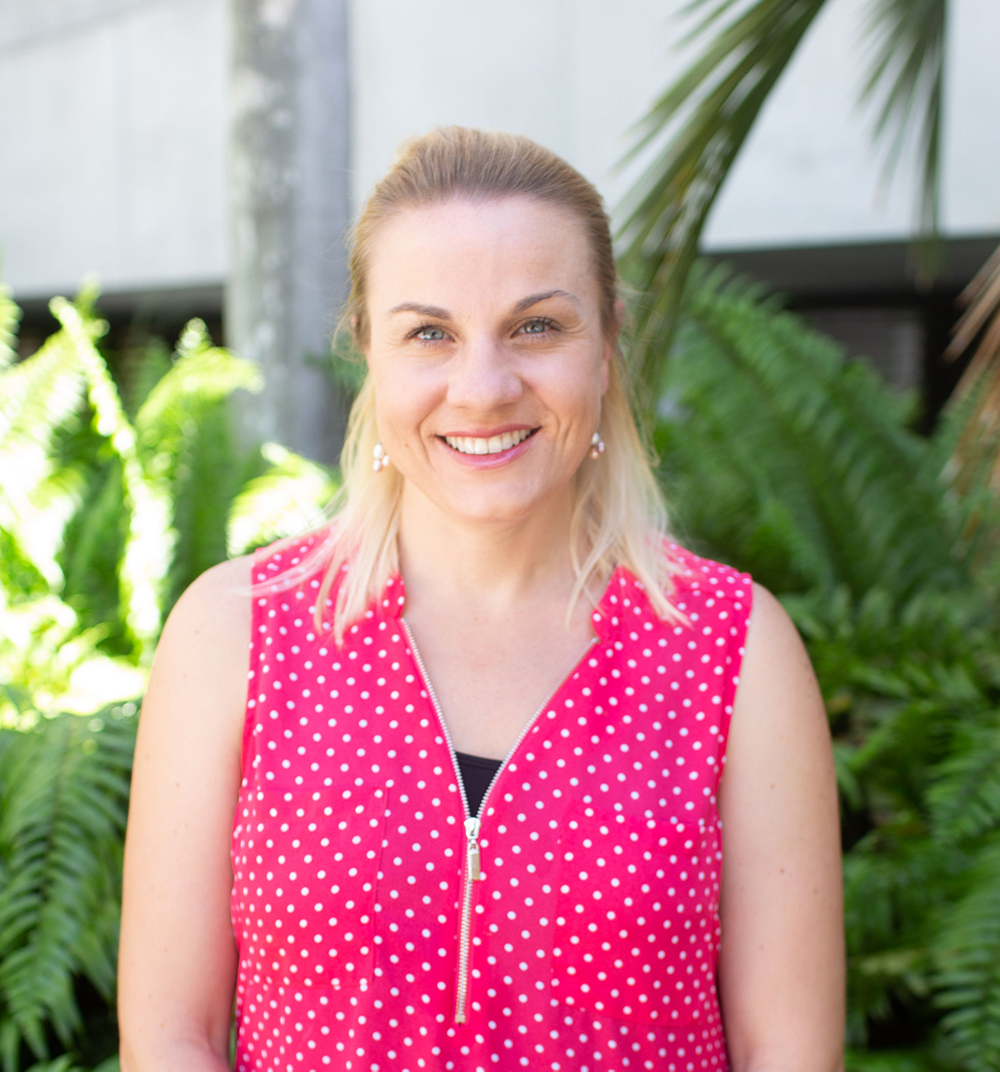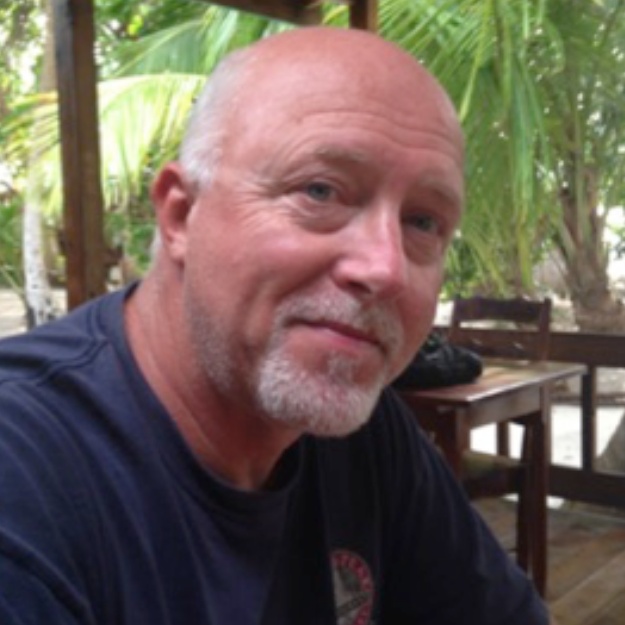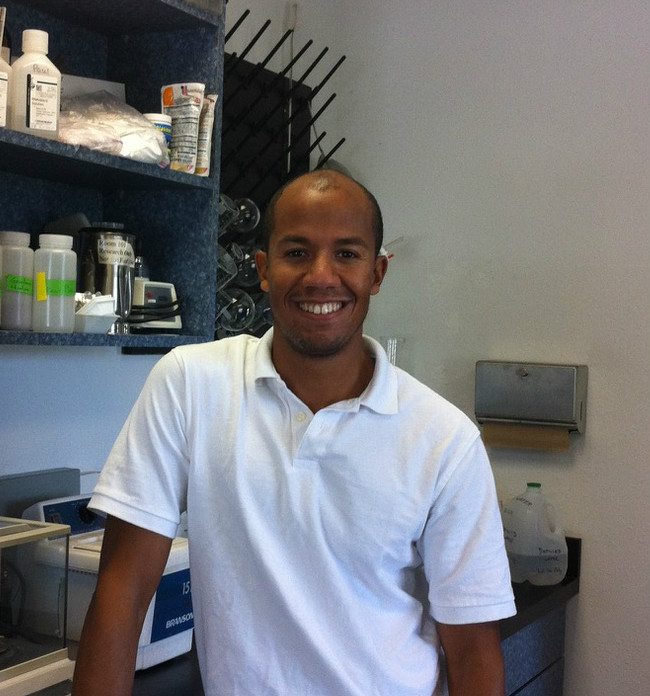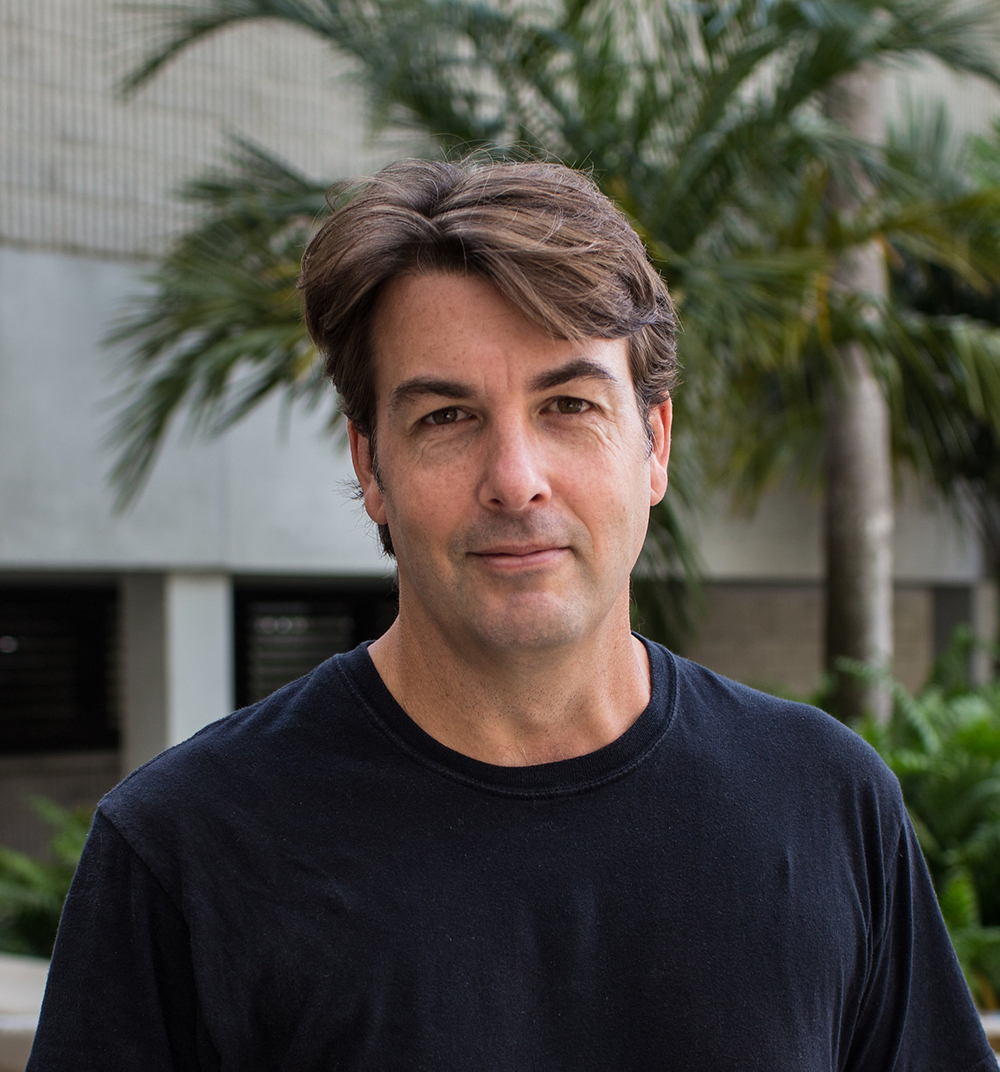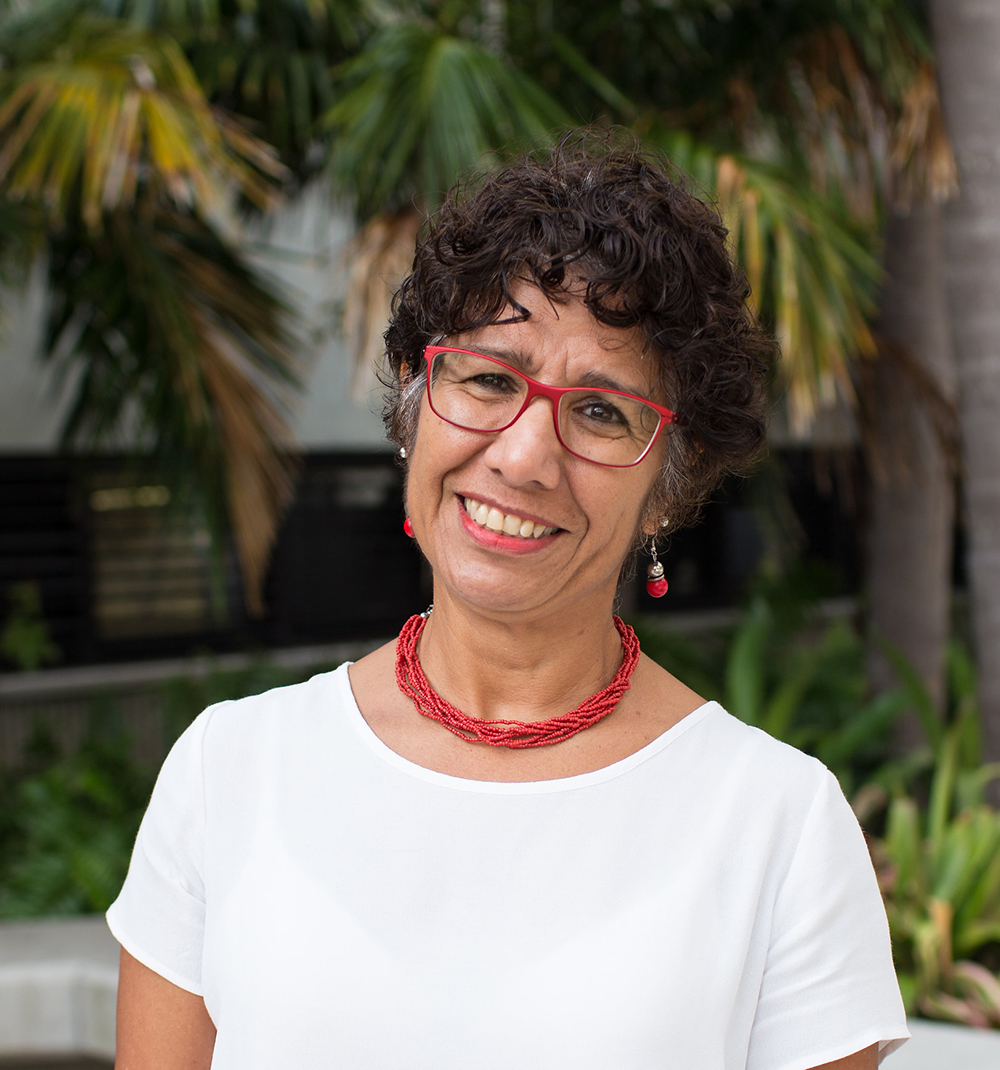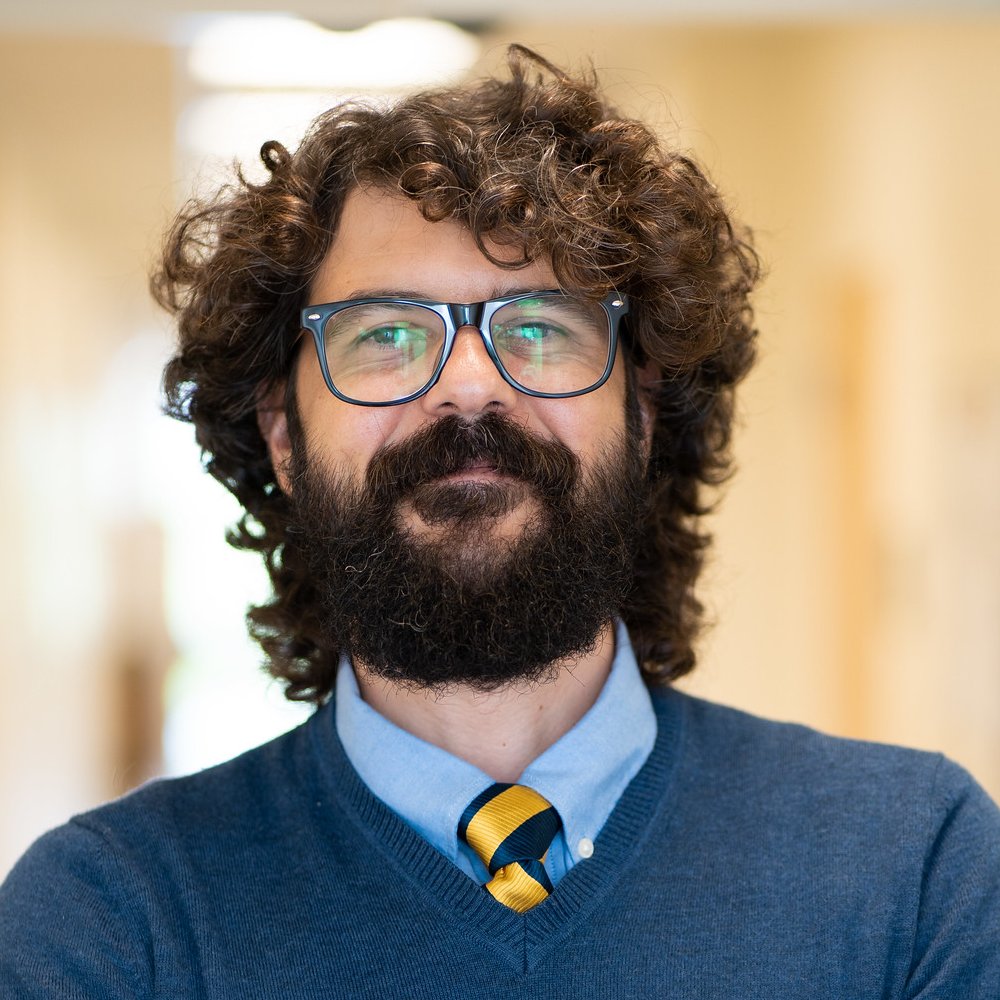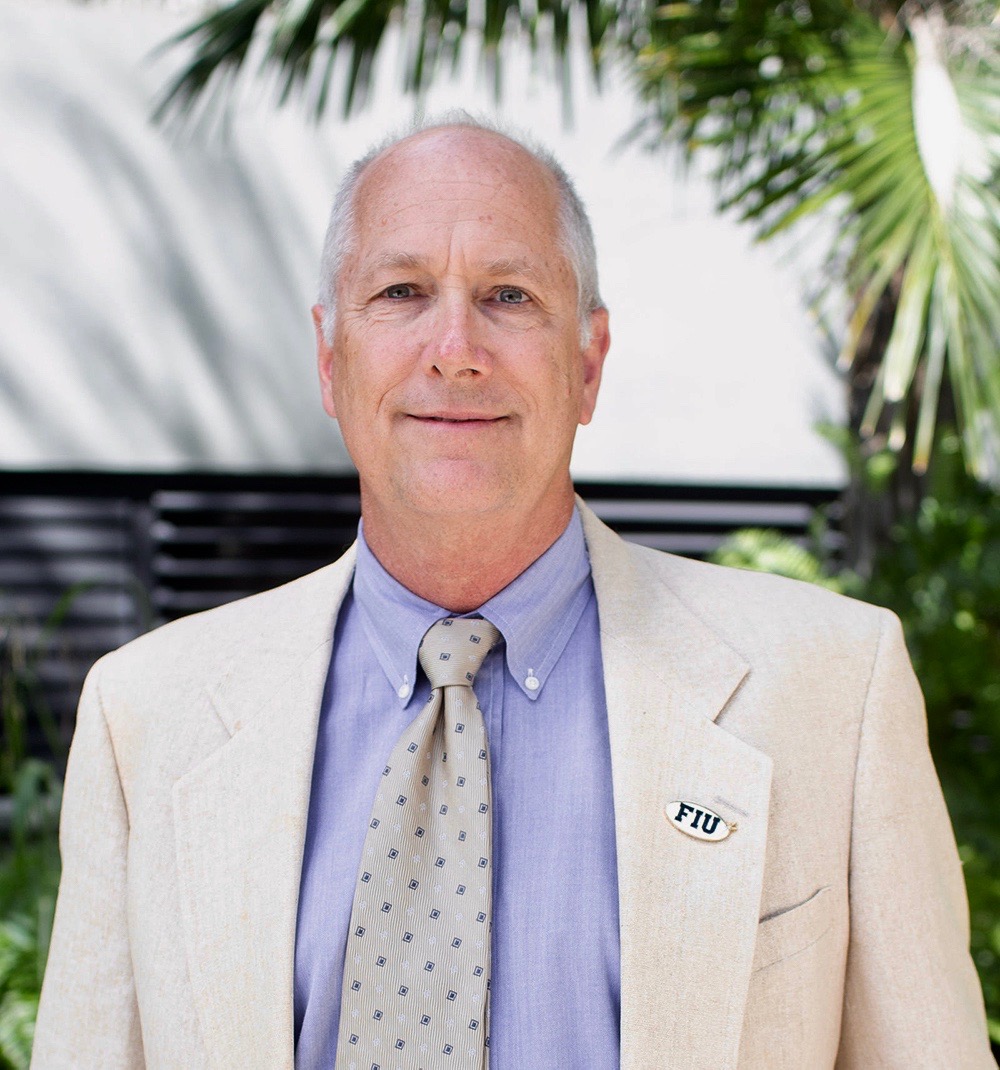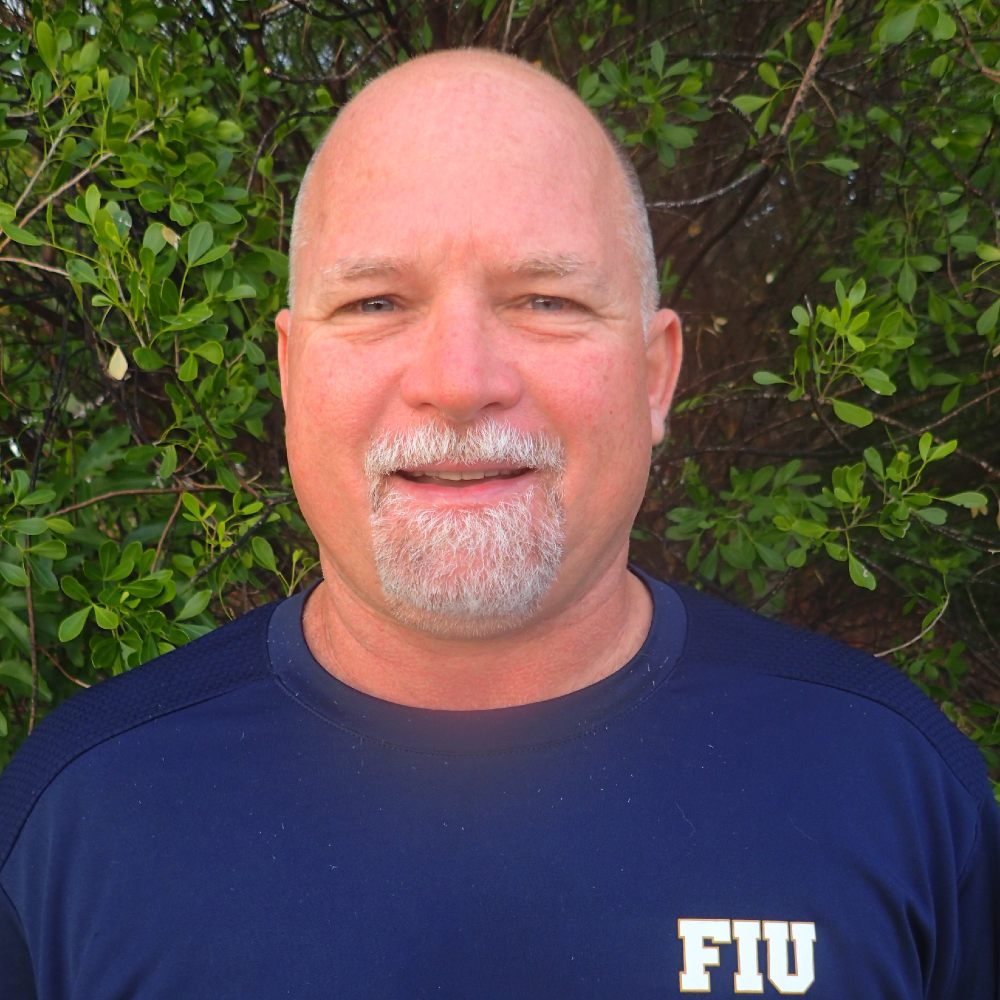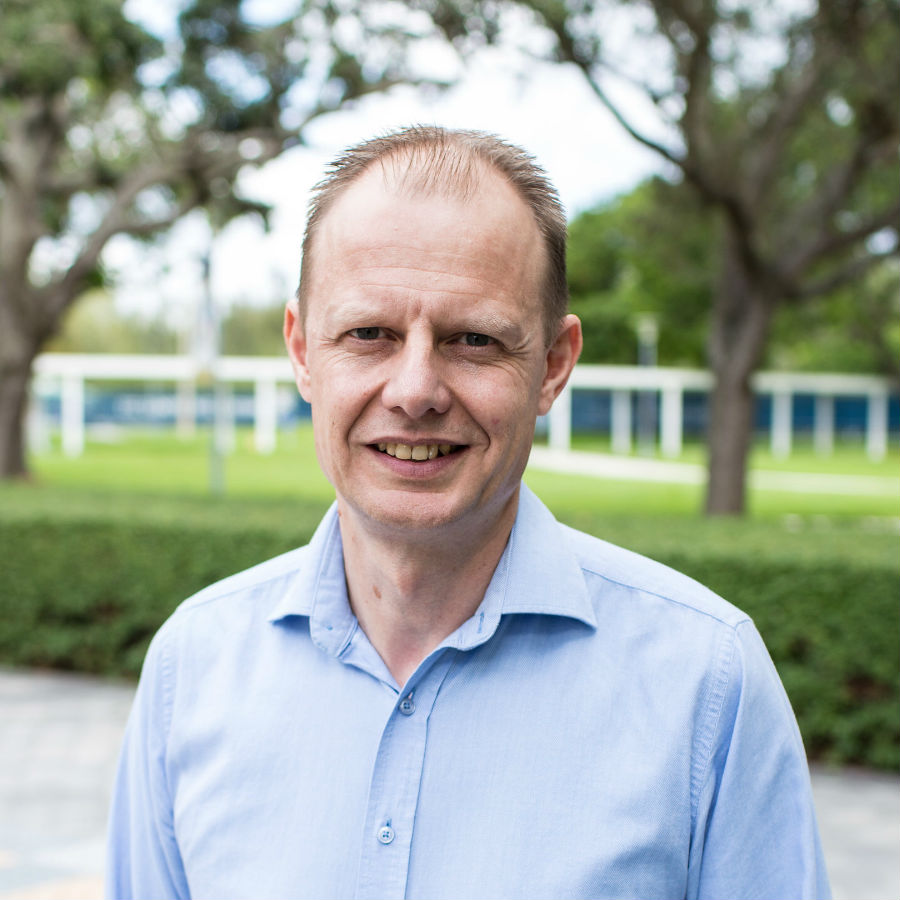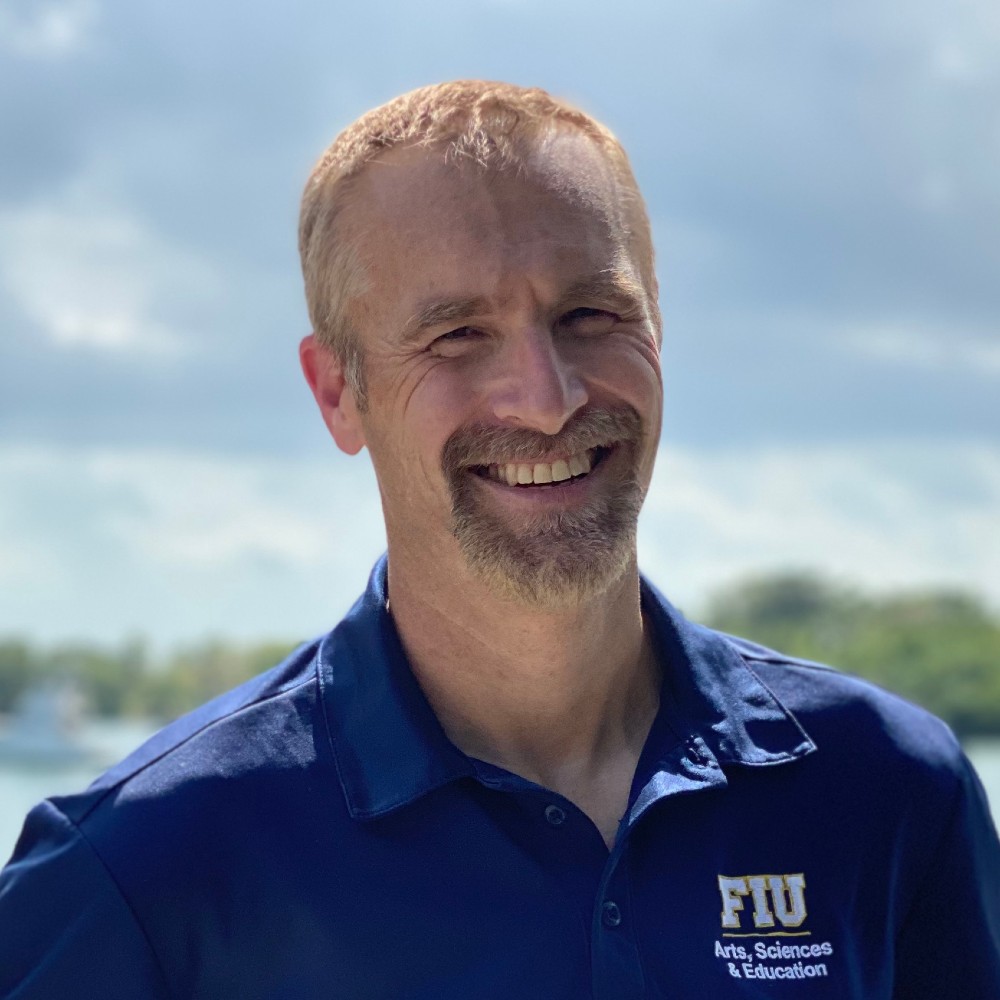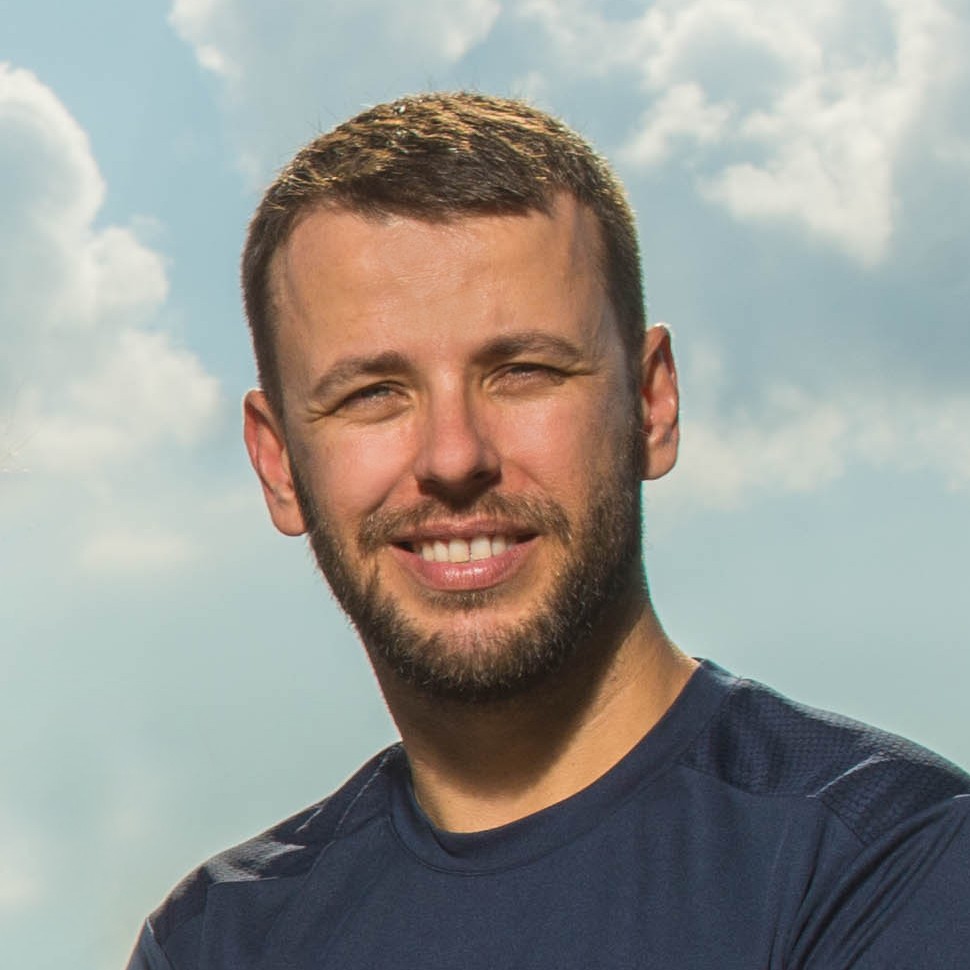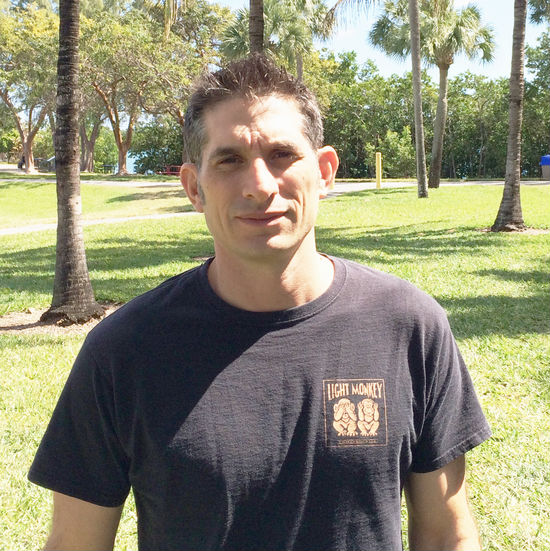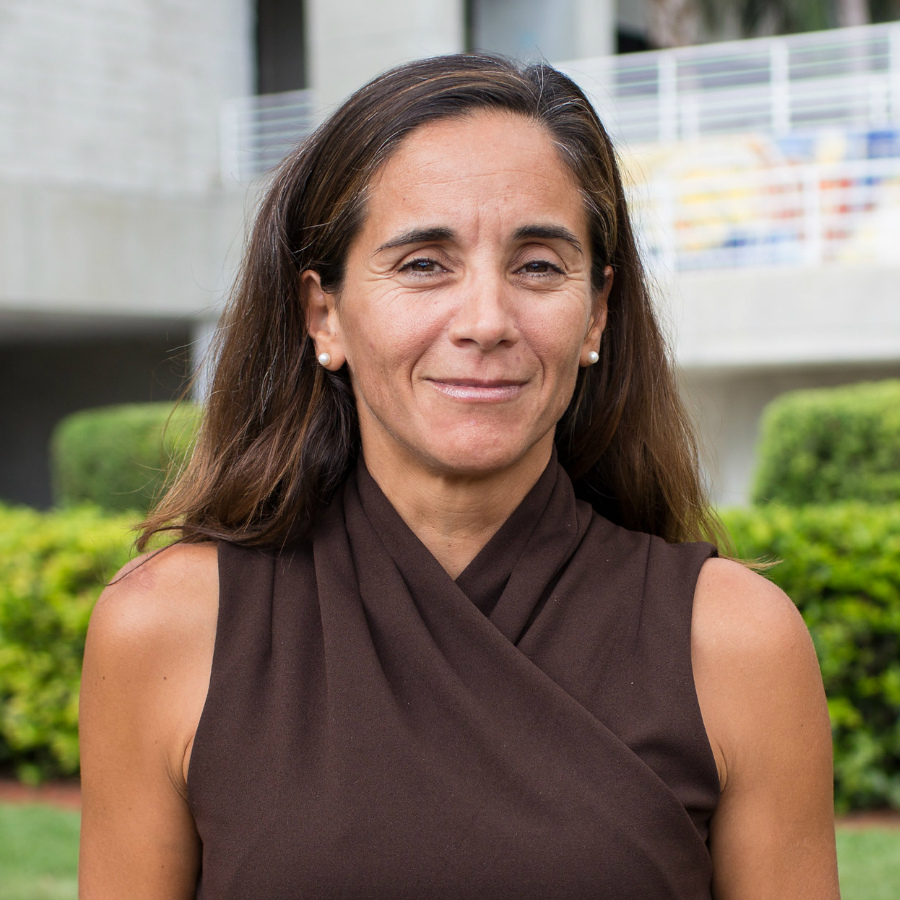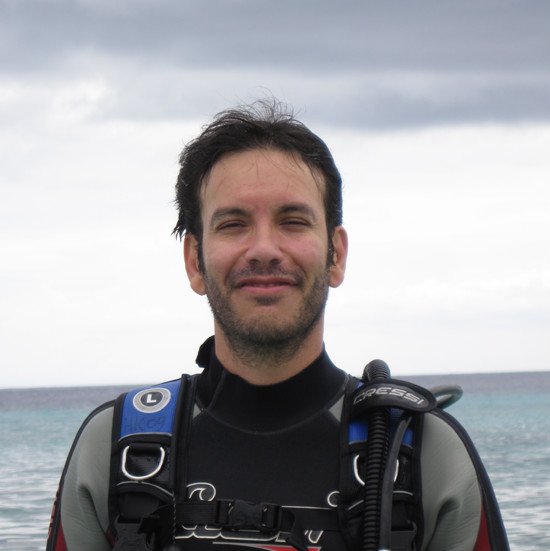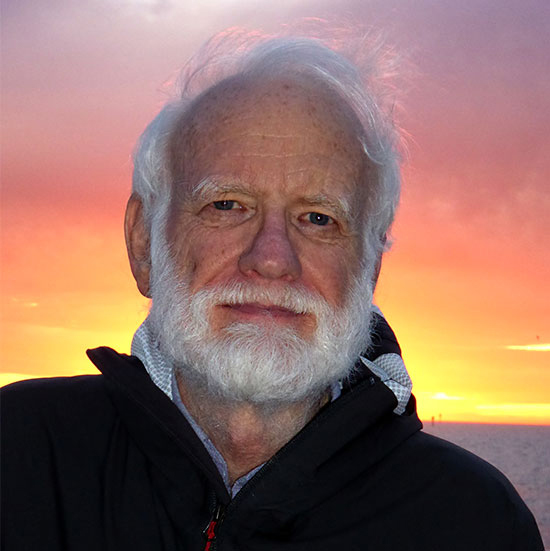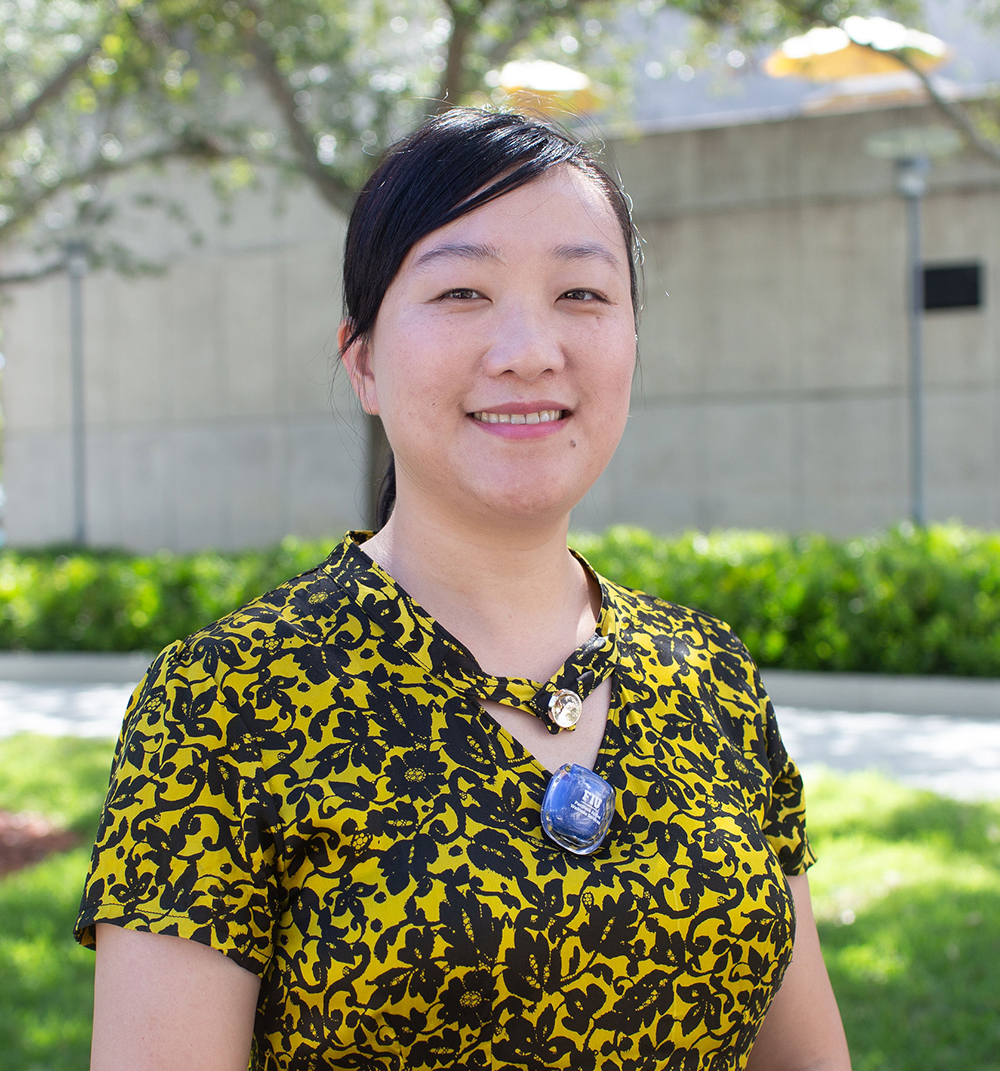
From the mangroves and algae mats of the Everglades to the brilliant coral reefs of the Pacific Ocean and the frigid lagoons of the Arctic, our scientists are exploring exotic environments and the animals, plants and other living things found in them.
We want to understand how these ecosystems keep in balance, and what threats they face. That means observing them as no one has before.
Our researchers are traveling to coral reefs around the world and collecting thousands of hours of video of sharks and rays. We’re climbing out of helicopters in the Everglades to measure the microorganisms and nutrients that sustain the “river of grass.” We’re watching the massive goliath groupers off the coast of Florida, the alligators and bull sharks that lurk along our rivers, and the glowing creatures down in the darkness of the ocean’s twilight zone.
The places we study are under attack. With oceans rising, warming and becoming more acidic, many of the food chains and other patterns that have sustained life are out of balance. We are racing to understand these complex and fragile systems and find ways to protect them.
Featured Projects

Our Global FinPrint project has created the world's largest shark and ray survey. One-quarter of the planet's sharks and rays are threatened with extinction. The rest are either approaching threatened status or too poorly studied to be assessed. We're gathering the information needed to protect these animals.

Since 1996, our scientists have been monitoring seagrass populations in the Florida Keys. Having installed permanent monitoring stations across the coastal waters of South Florida allows our researchers to better understand the patterns behind why some of these critical species are dying-off at an alarming rate.

Coral Restoration with Native Crabs
Florida’s coral reefs have reached a threshold whereby their resilience has been compromised, species are endangered, and ecosystem function degraded. There is a human cost too. Our scientists are working on understanding how herbivorous crabs can help coral reefs survive.
Related Programs & Centers
Our ongoing educational, research and community initiatives are organized within thematic programs and centers which bring together experts from across the Institute of Environment.

Our Medina Aquarius Program is dedicated to the study and preservation of marine ecosystems with the world's only undersea research laboratory, Aquarius Reef Base. Our scientists are at the cutting edge of research on coral reefs, ocean acidification, climate change, fisheries and overall ocean health.

CREST Center for Aquatic Chemistry and Environment
Our NSF-funded CREST Center for Aquatic Chemistry and Environment is exploring estuaries and coral reefs, by examining the role of contaminants and pollutants on these vulnerable ecosystems. Using metagenomic methods, our team is working to identify early indicators of ecosystem impacts caused by anthropogenic stressors.
Research Groups
Faculty-led research groups sustain our discoveries and impacts.
- Boswell Lab for Marine Ecology and Acoustics
- Bracken-Grissom Lab for Crustacean Genomics and Systematics
- Butler Lab for Tropical Ecology
- Chapman-Papastamatiou Lab for Predator Ecology and Conservation
- Collado-Vides Lab for Marine Macroalgae Research
- Eirin-Lopez Lab for Environmental Epigenetics
- Fourqurean Lab for Seagrass Ecosystems Research
- Harborne Lab for Tropical Fish Ecology
- Heithaus Lab for Marine Community and Behavioral Ecology
- Kiszka Lab for Marine Conservation Ecology
- Rehage Lab for Coastal Fish Ecology and Fisheries
- Rodriguez-Lanetty Lab for Integrative Marine Genomics and Symbiosis
- Zhang Lab for Fisheries and Ecosystem Assessment
Facilities & Services
These units represent technology and expertise that supports our research and may also be available for community use.
Aquarius Reef Base
The world's only undersea research laboratory, equipped for dive training and ecosystem research
Blue Carbon Analysis Laboratory
Analysis of plant and soil elements
Coastal Conservation and Restoration Laboratory
Indoor and outdoor facilities for toxicology studies, behavioral studies or swim performance studies
Field Operations Center
Airboats, saltwater boats and other vehicles
Marine Acoustics Recharge Facility
Advanced sampling technologies and autonomous surface watercraft
Marine Research Facilities & Fleet
Indoor and outdoor seawater facilities and research vessels
Experts
John P. Berry
Associate Professor
305-919-4569, 305-919-4016
berryj@fiu.edu
MSB 332, MSB 354Kevin M. Boswell
Professor; Director, Marine Biology Program
305-919-4009
kmboswel@fiu.edu
MSB 359Heather Bracken-Grissom
Professor; Assistant Director, Institute of Environment
305-919-4190; Lab 305-919-5838
hbracken@fiu.edu
MSB 361Mark J. Butler IV
Walter and Rosalie Goldberg Professor of Tropical Ecology and Conservation
mbutleri@fiu.eduJustin E. Campbell
Assistant Professor
305-348-2201
jcampbel@fiu.edu
MSB 250CDemian Chapman
Adjunct Professor
305-348-2201
dchapman@fiu.edu
MSB 317, MSB 250BLigia Collado-Vides
Teaching Professor
305-348-2274
colladol@fiu.edu
OE 211, OE 250, OE 264, OE 256AJose M. Eirin-Lopez
Professor
305-919-4000; Lab: 305-919-5631
jeirinlo@fiu.edu
MSB 360James W. Fourqurean
Distinguished University Professor; Associate Director, Institute of Environment
305-348-4084
fourqure@fiu.edu
OE 217Thomas A. Frankovich
Research Assistant Professor
305-348-2829
tfrankov@fiu.edu
OE 148Alastair Harborne
Associate Professor
305-919-4232
aharborn@fiu.edu
MSB 312BMichael Heithaus
Executive Dean of the College of Arts, Sciences & Education; Professor
305-348-2864, 305-348-7970
CASEdean@fiu.edu
CASE 453, AC1 316Jeremy Kiszka
Associate Professor
305-919-5234
jkiszka@fiu.edu
MSB 359Yannis Papastamatiou
Associate Professor
305-919-4017
ypapasta@fiu.edu
MSB 355Jennifer Schopf Rehage
Associate Professor
305-348-3804
rehagej@fiu.edu
CASE 119, AHC5 365Mauricio Rodriguez-Lanetty
Professor
305-348-2201
rodmauri@fiu.edu
AHC1 319BDoug Wartzok
Professor Emeritus
Doug.Wartzok@fiu.eduYuying Zhang
Associate Professor
305-919-4105
yzhang13@fiu.edu
MSB 358
